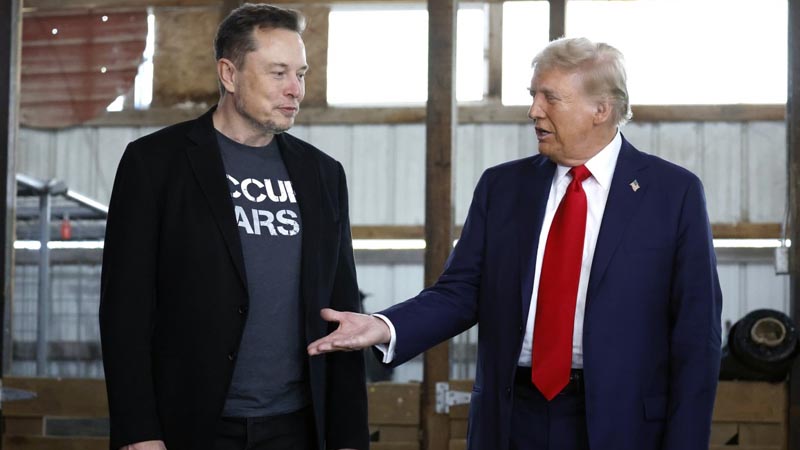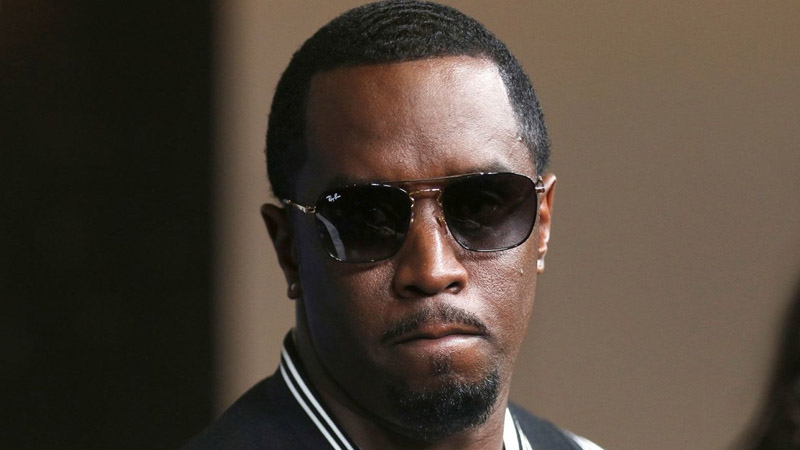Supreme Court Urged to Quickly Resolve Trump’s Presidential Immunity Case

(Photo Credit: Getty Images)
This week, the Supreme Court received a compelling plea from Common Cause, a nonpartisan watchdog group, urging the court not to prolong its decision regarding former President Donald Trump’s claim of presidential immunity. This request was made in a detailed 37-page amicus brief, emphasizing the urgency due to the implications the case could have on the upcoming 2024 presidential election.
The group’s briefing was a reaction to what it perceives as strategic delays that might impact public knowledge and election fairness. Common Cause highlighted a series of court scheduling decisions that they believe could potentially favor Trump’s re-election campaign.
They pointed out the contrast in the court’s swift decision to allow Trump to remain on Colorado’s ballot following a challenge based on the 14th Amendment’s insurrectionist ban, versus its delay in scheduling his presidential immunity hearing. The hearing is set for April 25, which is notably the last day it could possibly be scheduled.
This timing is critical as Trump’s legal team asserts that his actions, taken while president, should shield him from prosecution in several ongoing cases, including one spearheaded by Special Counsel Jack Smith concerning election interference.
“This Court is at serious risk of being perceived as attempting to influence the 2024 election in favor of Mr. Trump,” the group writes. “It should do everything possible now to avoid that impression, which would be highly detrimental to this Court’s reputation for neutrality and fairness. Time is of the essence.”
Jack Smith had pushed for an expedited review by the Supreme Court, hoping to bypass usual procedures to ensure a faster resolution. However, his request was denied, potentially stretching the final decision out for months and complicating the resolution of this significant criminal case before voters head to the polls.
The watchdog’s brief argues that if the Supreme Court ultimately rejects Trump’s immunity claim after the election, the American public will be left questioning whether the timing of the court’s decisions was intentionally aligned to influence the election outcome. They suggest that such a scenario could erode trust in the impartiality of the court and obscure critical information voters need to make informed decisions at the ballot box.
Moreover, Common Cause expressed a pressing concern that if Trump were to be re-elected and regain control of the White House and the Justice Department in 2025, he could potentially dismiss the election interference case against himself. This action would prevent the public from ever knowing if their president had been guilty of serious crimes aimed at disrupting the constitutional order of the United States.
“Both cases ask, in different ways, whether Mr. Trump illegally attempted to interfere with the outcome of the 2020 election,” Common Cause argues. “Yet to date, the Court has treated the two cases in dissimilar ways that seem to favor Mr. Trump.”
Given these stakes, Common Cause is advocating for a prompt resolution to the case. They argue that an expedited decision by the Supreme Court is crucial to maintaining the court’s reputation for neutrality and ensuring that the electoral process is not unduly influenced by unresolved legal questions surrounding a major candidate.
The organization stresses that it is vital for the electorate to have clarity on whether Trump has committed the alleged federal crimes before they cast their votes, thereby upholding the integrity of the electoral process and the judicial system.


